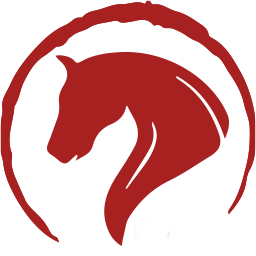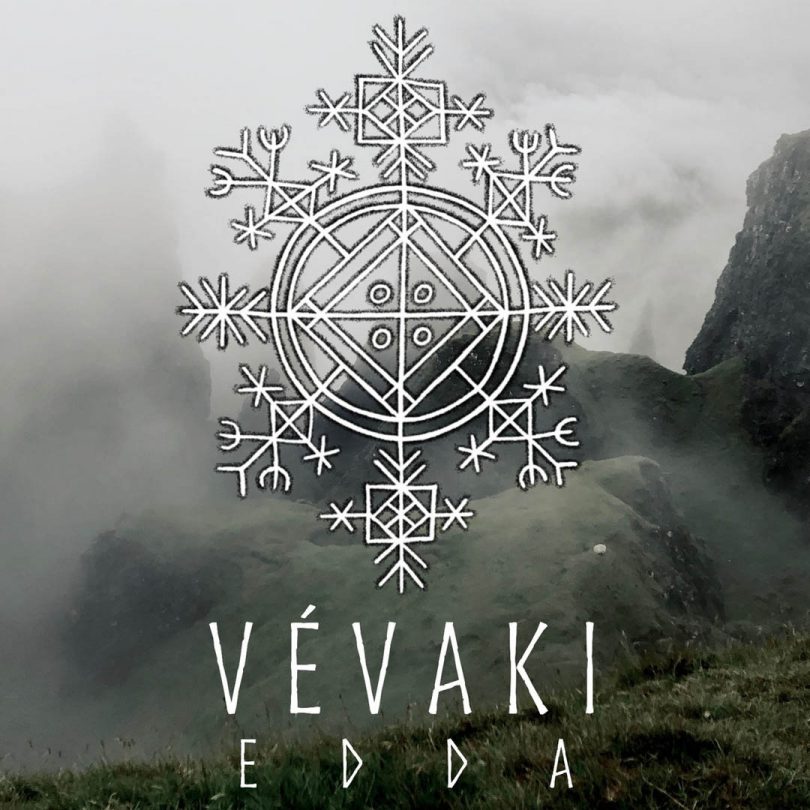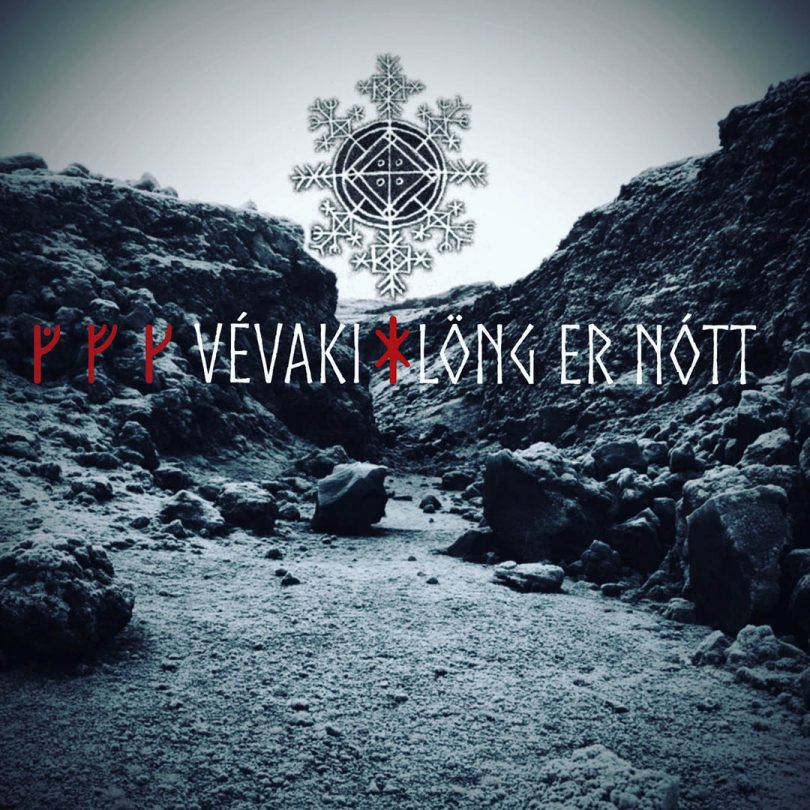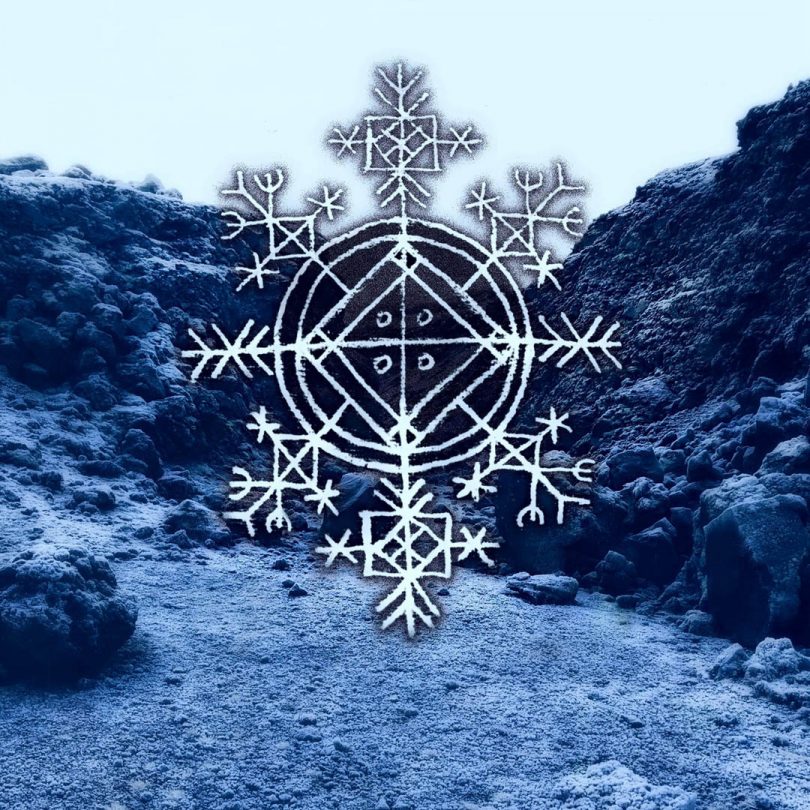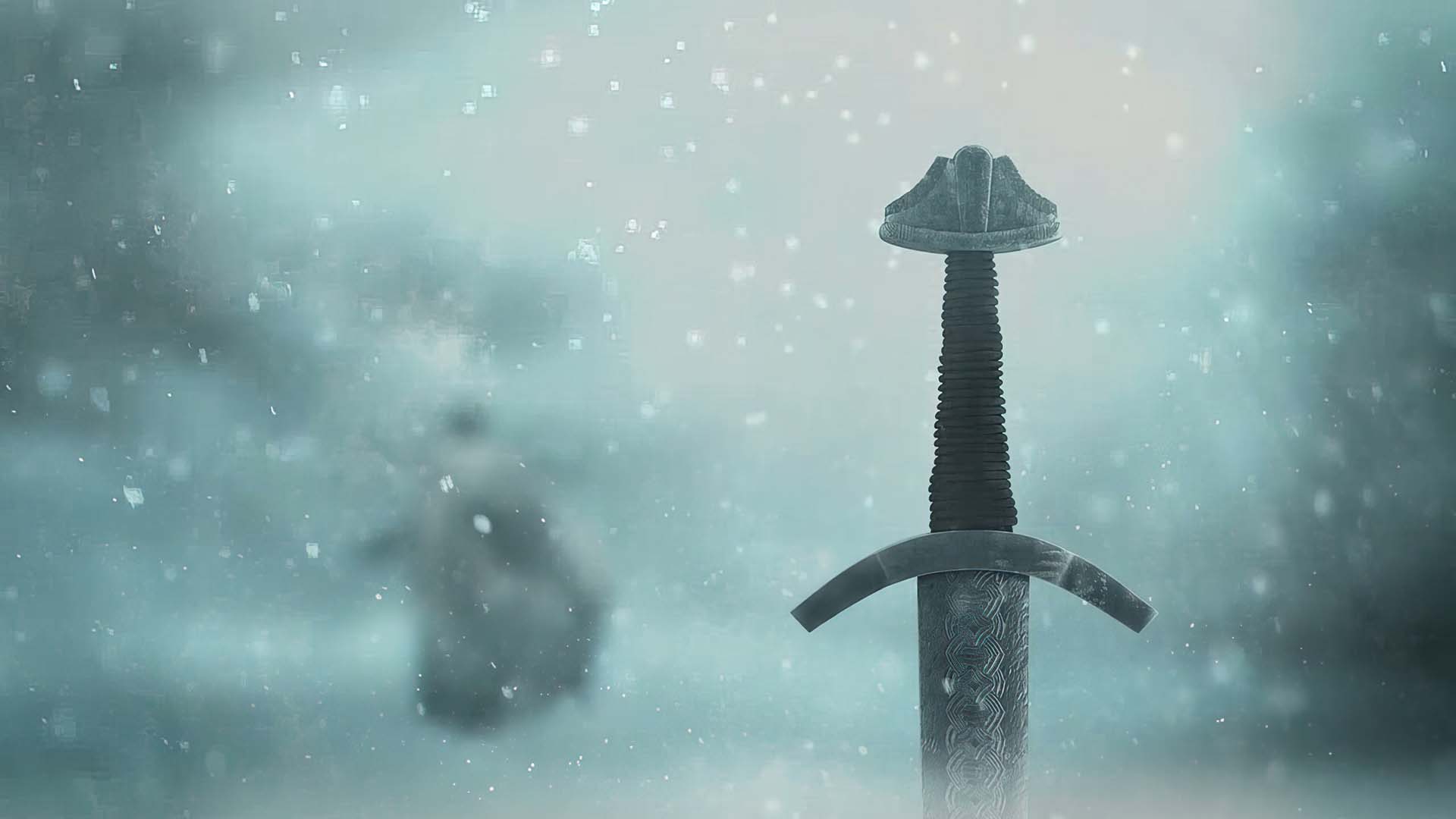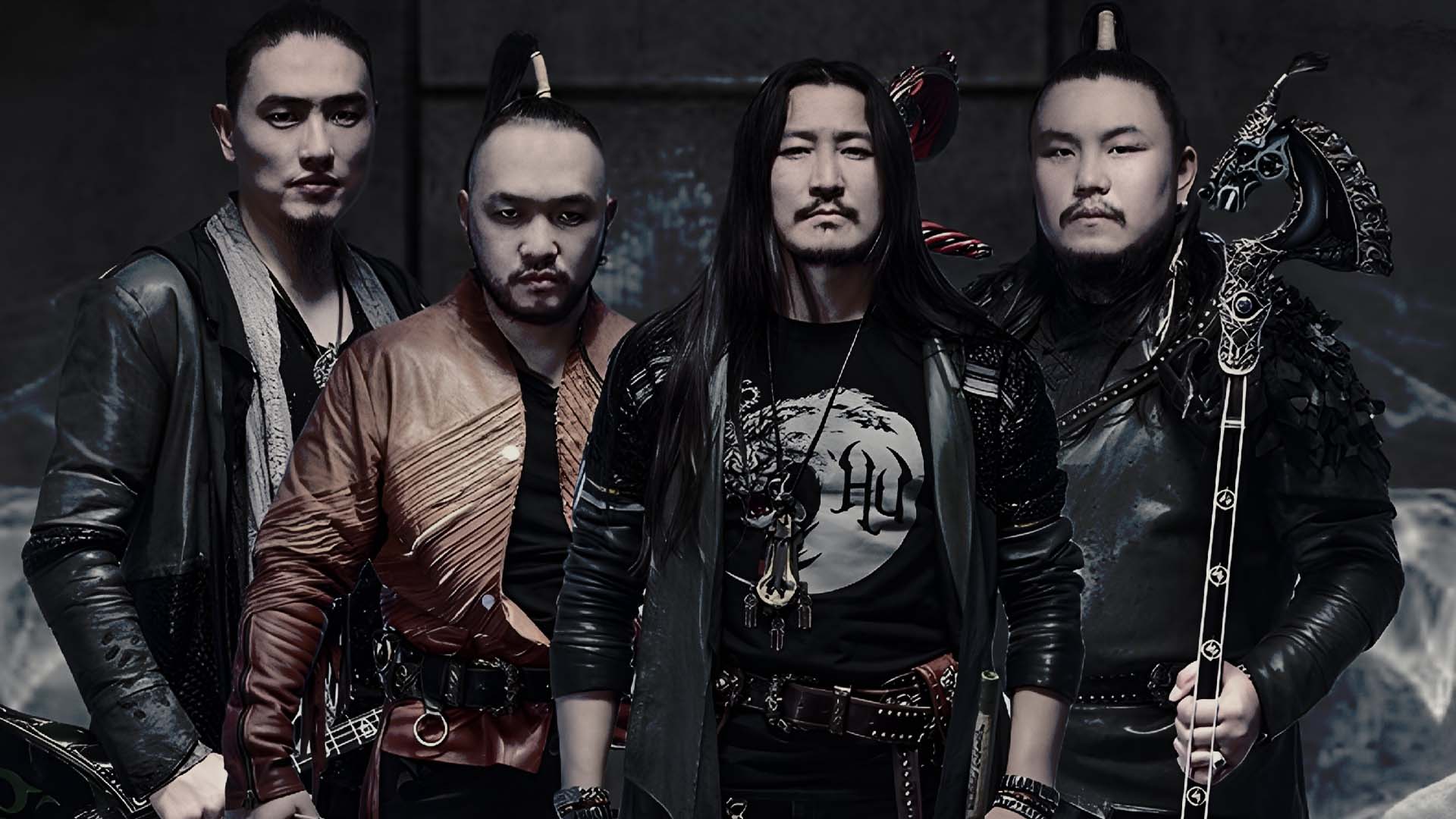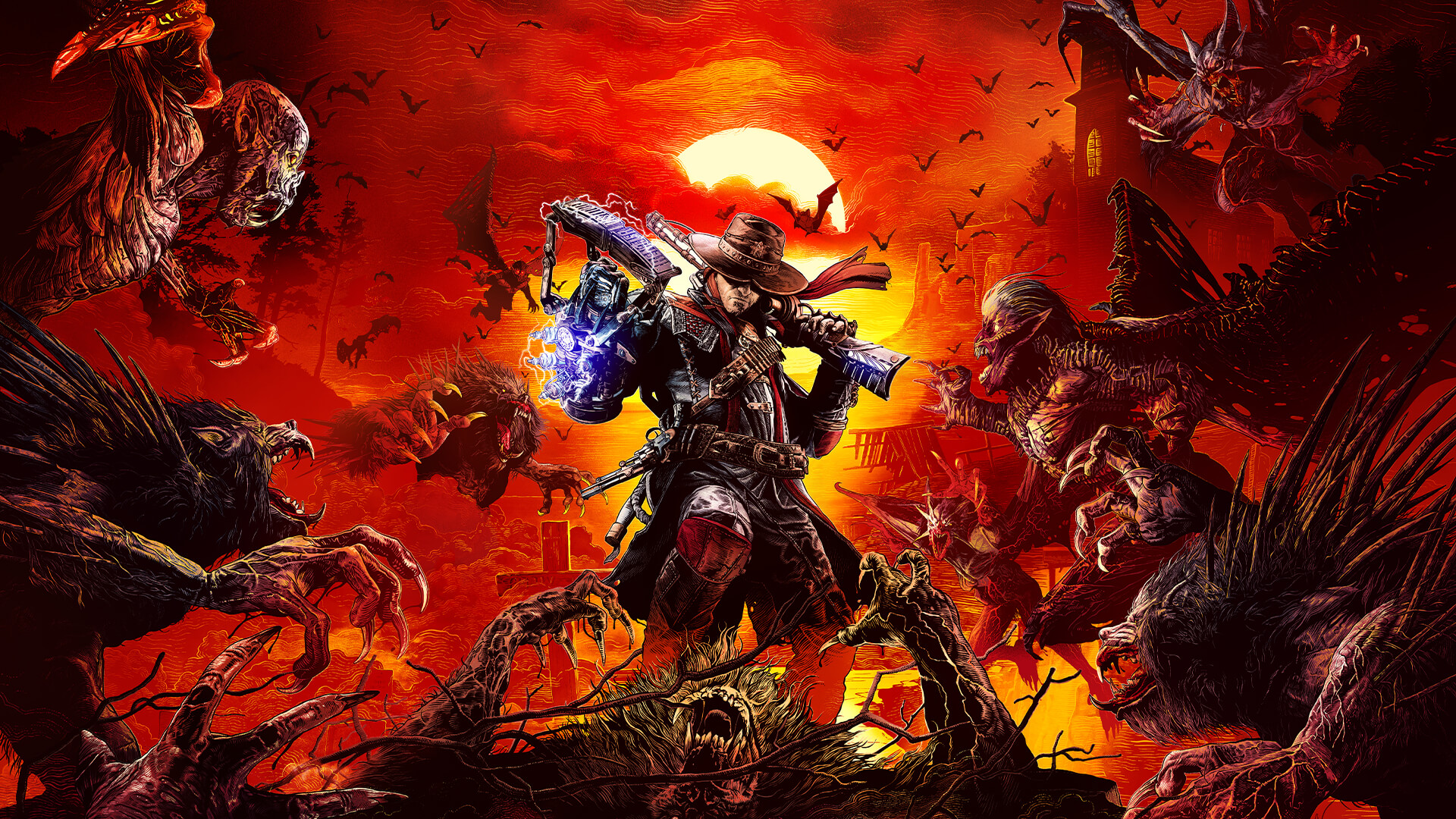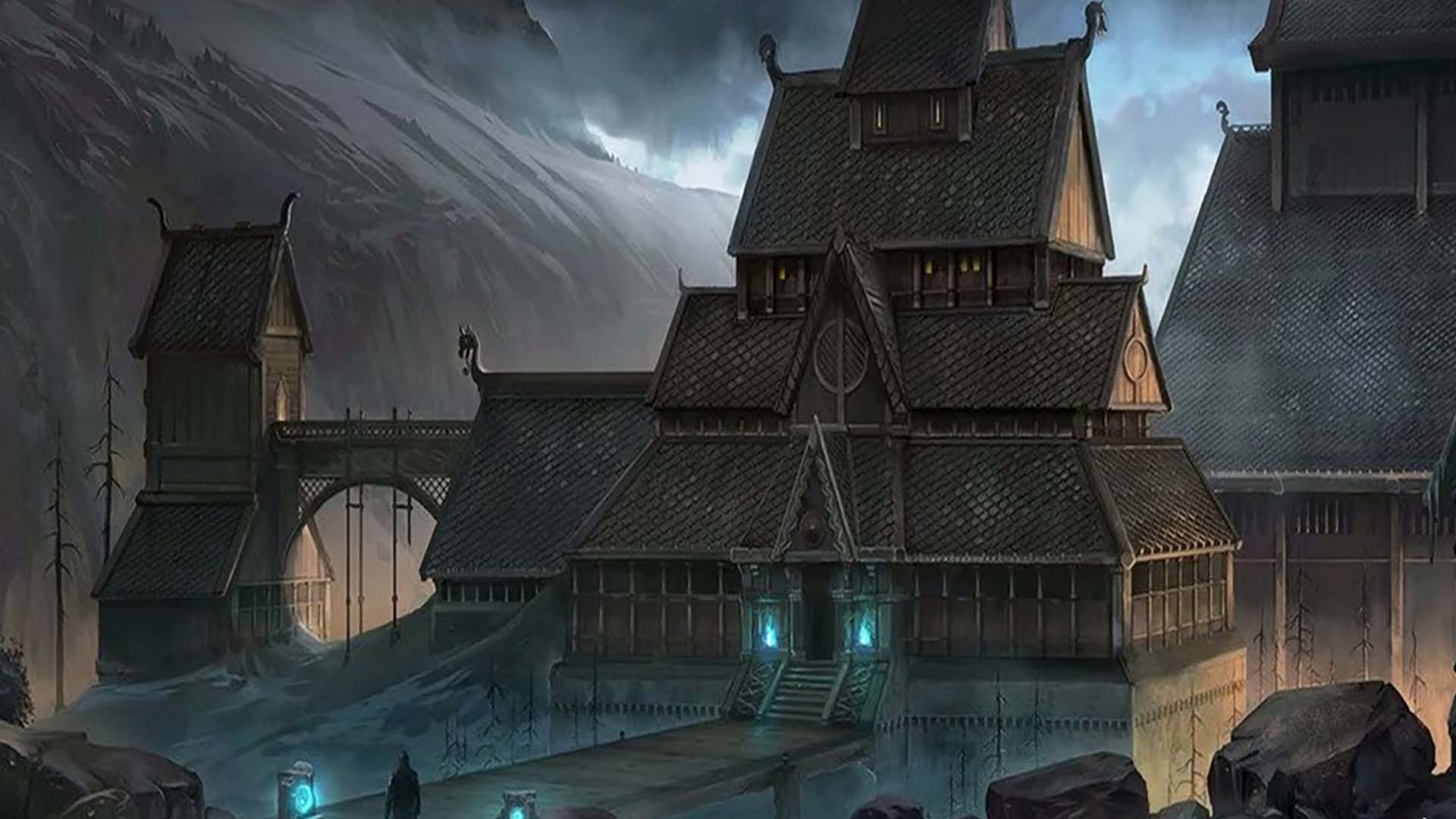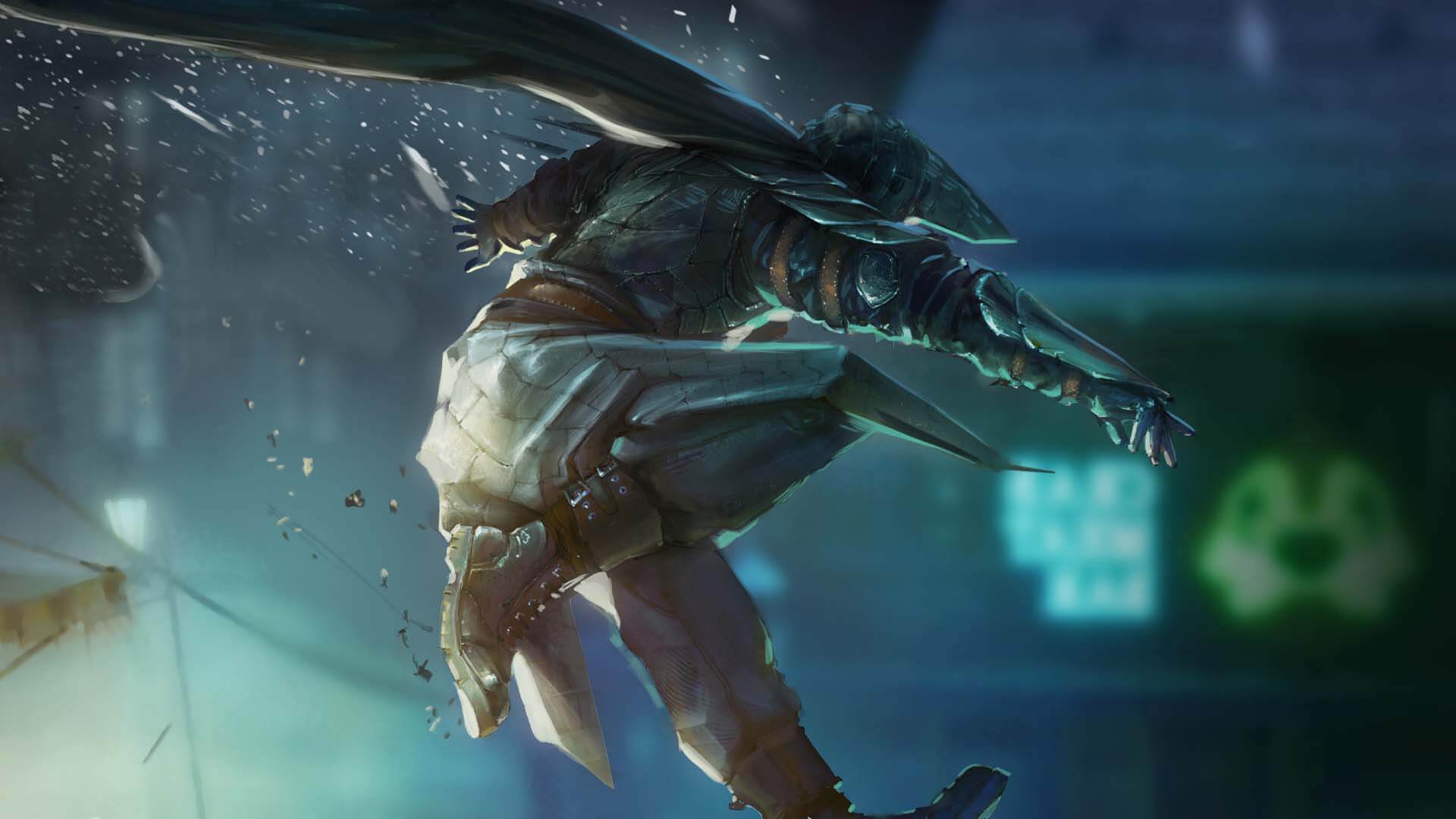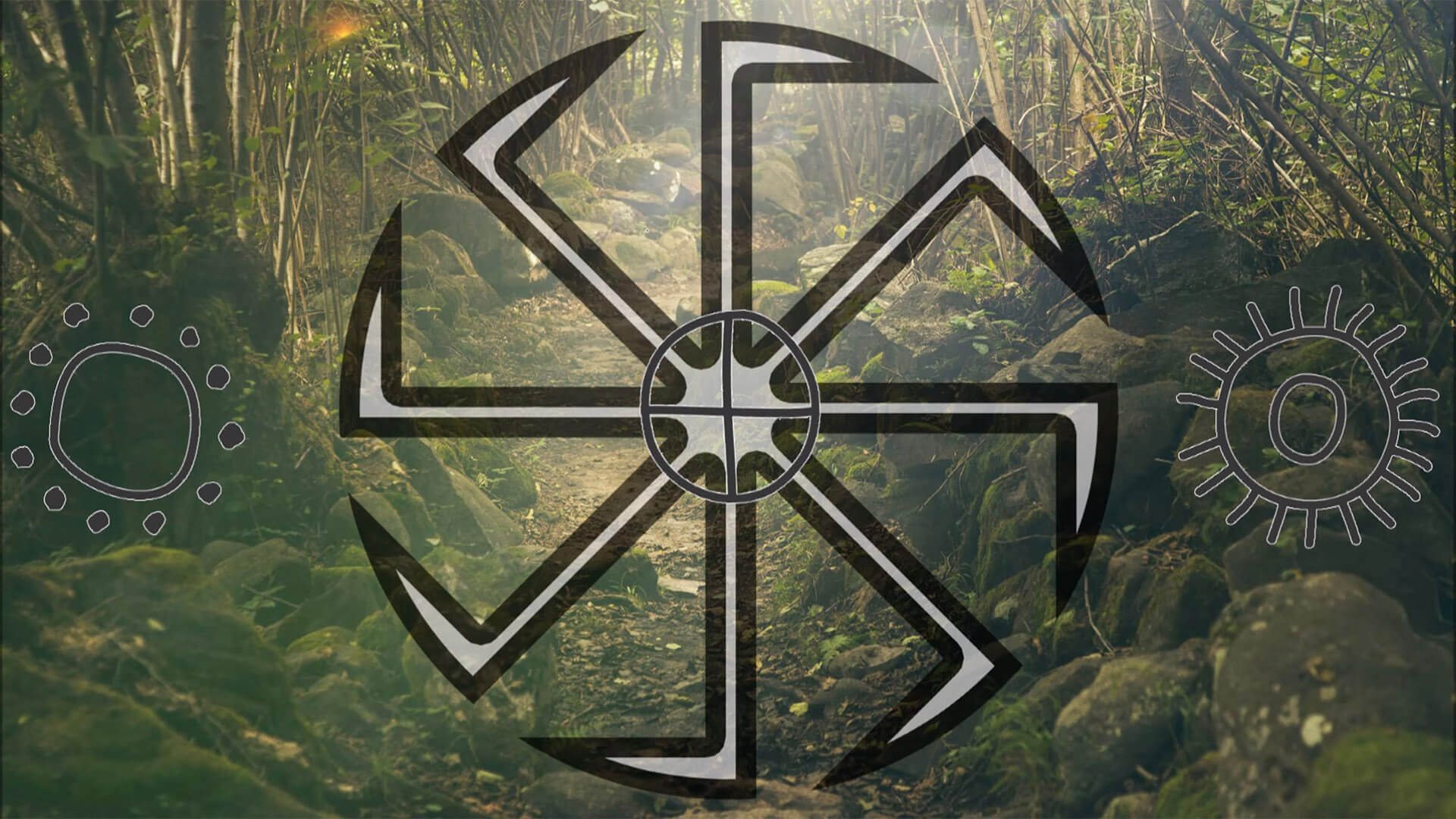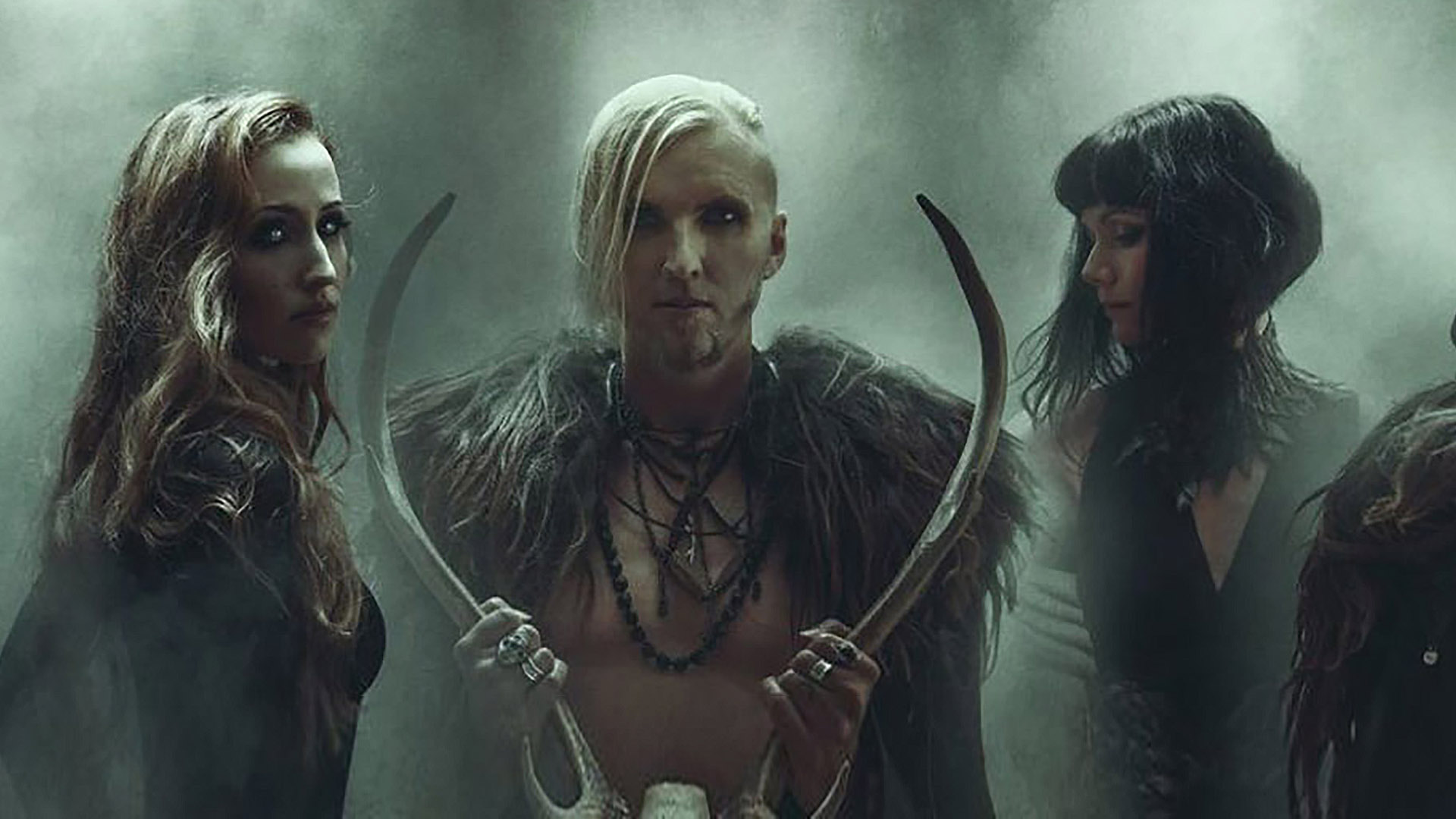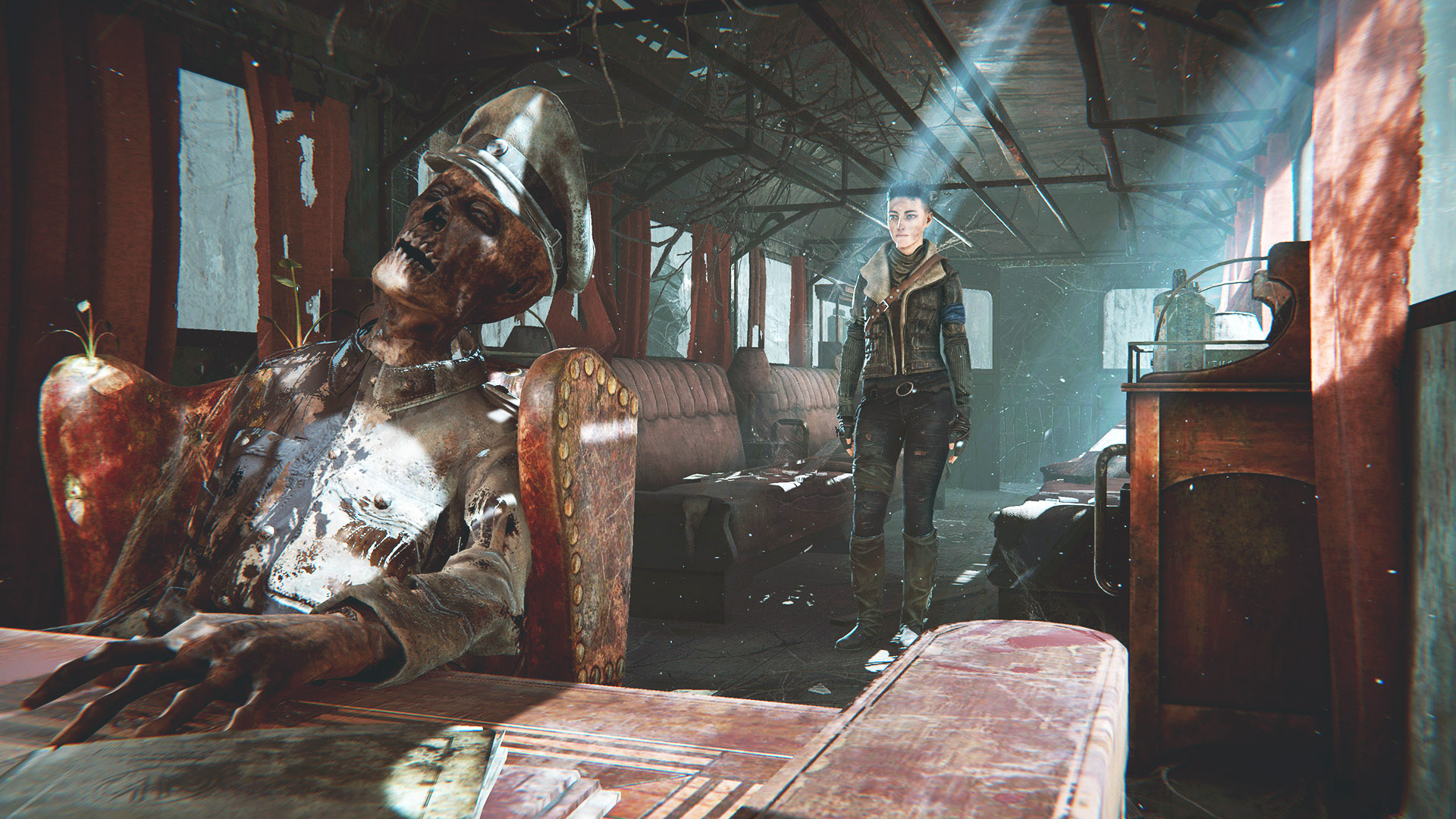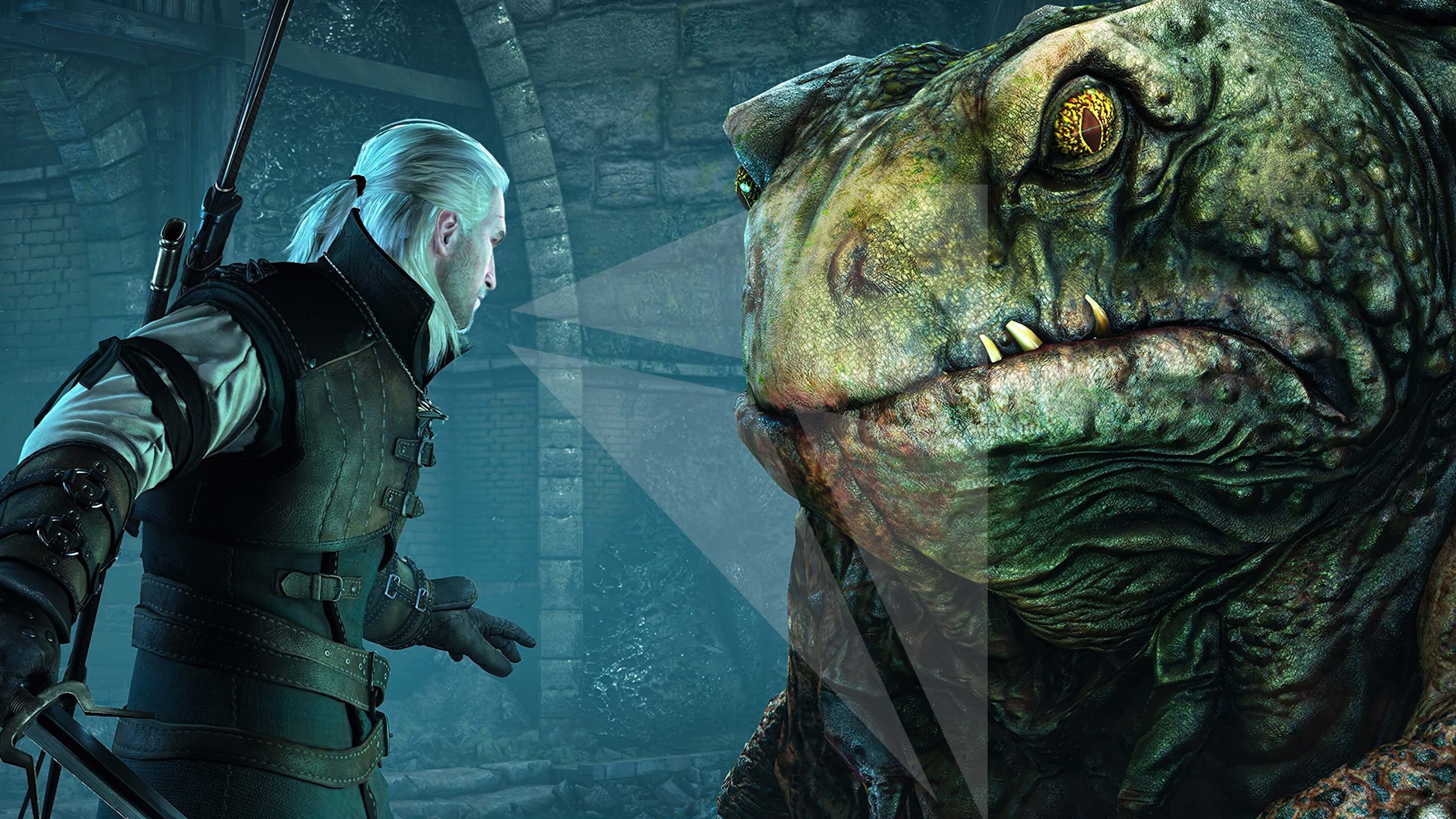October 9, 2021 — Kurgan Compass™ speaks to Vévaki’s frontman and founder Will Hunter about where the band is heading next, a bit about the musical stylings of last year’s Edda album, the instrumentation necessary to create ancient music, the new band members, and more.
As a folk music project brought to life by Will Hunter, Vévaki seeks to bring to life the stories and poems of the Norse Eddas by creating a unique blend of neofolk by using authentic sounds, traditional instruments, and improvised and explorative ways of singing. The band is on the rise, and unique in the sense they are one of only a handful of neofolk acts that have the skill to write lyrics in the Old Norse language, an early west-Germanic dialect that was widely spoken in ancient Scandinavia and Iceland.
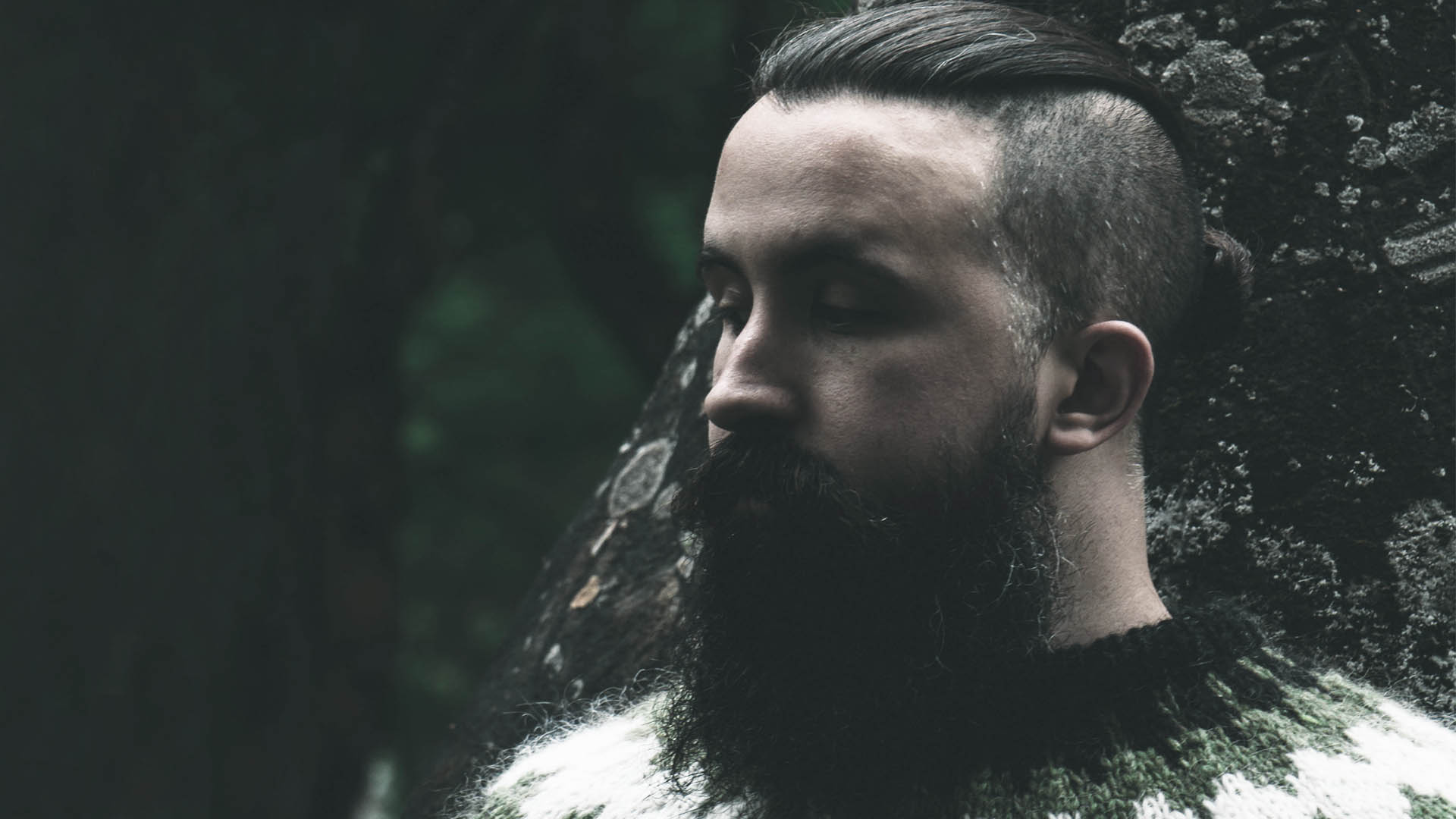
Vévaki’s Will Hunter. Photo Credt: Bylgja Guðjónsdóttir Thorlacius
In July of 2021, Vévaki announced that Sigurboði Grétarsson — a well-known name in folk music circles, having collaborated with Will Hunter in the past as well as Danheim, Heldom, and Munknörr — would be joining along with Hrafnhildur Guðjónsdóttir and Gísli Gunnarsson.
In a statement from Vévaki’s Facebook page, Will Hunter wrote:
“…each of them [new members] brings their own unique element to the project, taking Vévaki’s sound to a level I have only ever dreamed about.”
Debuting with the single ‘Vegtamskviða’ in July of 2020, Vévaki began as a solo project although Sigurboði was already back then featured on some of the early material. Will first met Sigurboði through mutual friends at a festival in Hafnarfjörður, Iceland, who invited him to his tent where they quickly became friends realizing they shared similar ideas on musical creativity and instrumentation, which not long after resulted in the two featuring each other on various music projects.
Kurgan Compass™ reached out to Will Hunter to find out more about the musical talent involved in the creation of Vévaki’s releases, the future of the band, and the contribution the new members will provide — which will be heard on Vévaki’s next release (of which we know little so far.)
Will generously lent us his time — including answering all of our follow-up questions, for which we are genuinely grateful since we tend to improvise here at the Kurgan.
For the uninitiated, how would you define the sound of Vévaki?
I would describe Vévaki as dark neofolk, with many mythological and ritualistic themes, inspired by heathenism and animistic tradition. Our sound is meant to stir up these old feelings and ideas. Ways of living life through ritual, with the seasons, and in nature.
You recently announced that Sigurboði Grétarsson and Hrafnhildur Guðjónsdóttir would be joining the band, along with Gísli Gunnarsson and yourself, Will Hunter. How do you foresee this changing or expanding the sound of Vévaki?
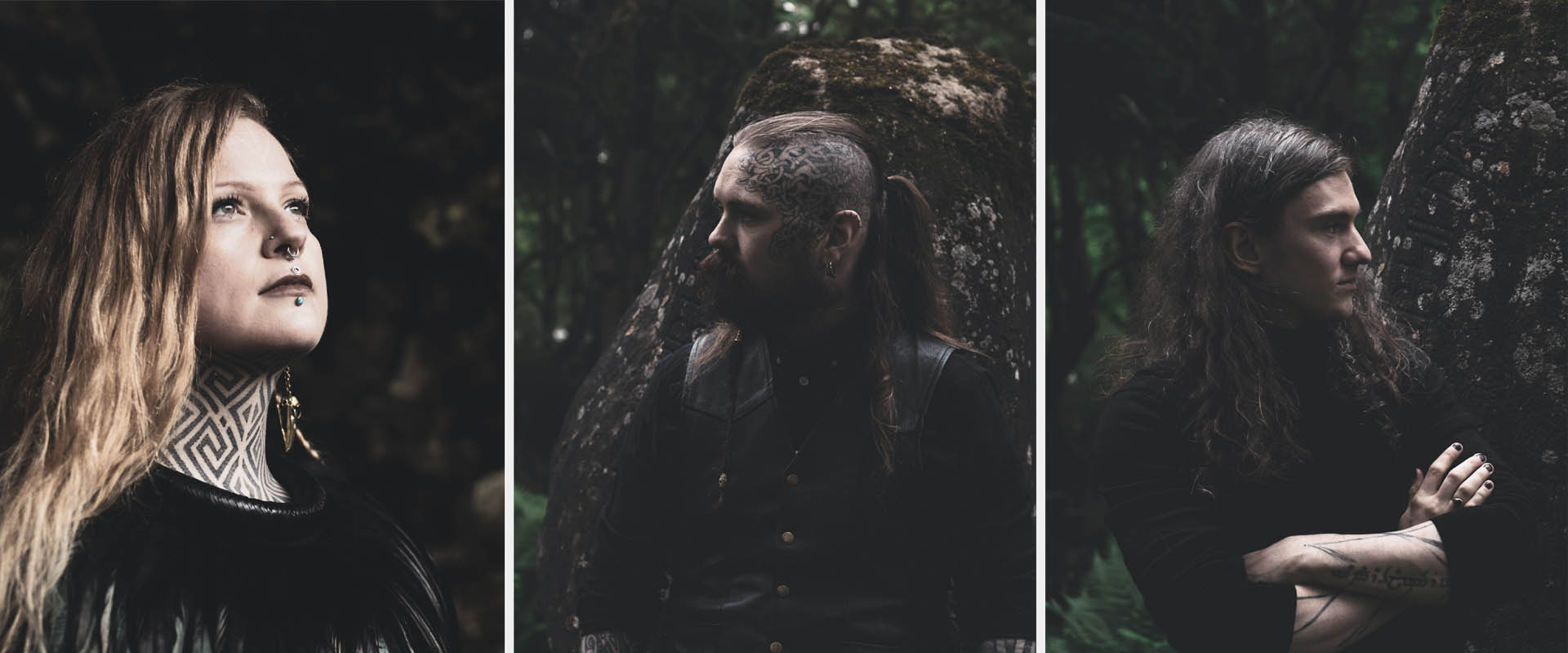
New Vévaki members: Hrafnhildur Guðjónsdóttir, Sigurboði Grétarsson, and Gísli Gunnarsson.
Sigurboði and I have been playing music and writing together for a number of years. We have always shared a similar vision for our music, and share similar ideas on these concepts such as nature and the divine, animism, etc. As the two main songwriters, we are able to help each other expand on these ideas in ways we could never do on our own. Hrafnhildur brings about a much-needed feminine energy to Vévaki, which I think was missing from our music before. As for Gísli, his background is in a sort of modern classical, epic, and cinematic kind of world. His ambient sound beds and cinematic accents bring a sense of depth to our music which also brings our ideas to life in a really magical way. Gísli is very much the glue holding us together.
How did this new lineup come about?
Well, Sigurboði has sort of always been a part of Vévaki from the start, but only recently in an official capacity. He is the one who encouraged me to start recording my music and get it out to the world. Sigurboði was heavily featured on our first single ‘Vegtamskviða’. As for Hrafnhildur, she was an obvious and natural choice for us — when we decided to add a more feminine element to evolve our music going forward, we convinced her to lend her voice.
“After Hrafnhildur joined, it became clear her vocals were like finding that missing piece of the puzzle.”
The result was like finding that missing puzzle piece. A perfect vocal fit which without the picture would not look right — and we feel the same way about Gísli. Back in spring of 2020, Gísli got together with Sigurboði to work on a song they later released called ‘Harmkvæði’. This was an elegy written in authentic Old Norse, about a man grieving the loss of his family. We knew we wanted to add some kind of ambient sound beds to the music, but both of us being more into traditional folk instruments, lacked the knowledge to create these kinds of epic soundscapes we knew Gísli could, and his contribution really strings everything together and ties it up in a neat little bow.
What instruments do you, and the recent new recruits to Vévaki, play?
Sigurboði and I do most of the instrumentation, including drums and other percussive elements. We also play the tagelharpa, various lyres, and work with the vocals along with Hrafnhildur. Gísli adds drones and ambient sound beds and provides the cinematic and atmospheric background elements.
With the strange times we are living in, I have to ask; COVID permitting, are there plans for the new line-up of Vévaki to play together live?
Yes. Most definitely.
Do you have any new music in the works and when can we expect to see a new Vévaki release featuring the new members?
We have been using this time to write and record our new album and are happy to say it is almost in its final stages. Without making any promises I would say hopefully early-mid 2022, so be on the lookout.
Do you have a particular process when it comes to writing music and lyrics?
Oftentimes it will start out with a simple melody that can be based on vocals, lyres, or the tagelharpa. One of us will come to the other with an idea and we will expand on it. For the Edda album, I took directly from the mythology for the lyrics, though there is also much original poetry from our much-revered Skáld — now full-time member Sigurboði. My Icelandic is nowhere near a poetic level, so sometimes I will have a melody in mind, sing it, and Sigurboði will write lyrics to it, mostly in a mix of modern and old Icelandic. There are a few “Eddaic” songs on the new album though, a few poems I was unable to capture in previous material.
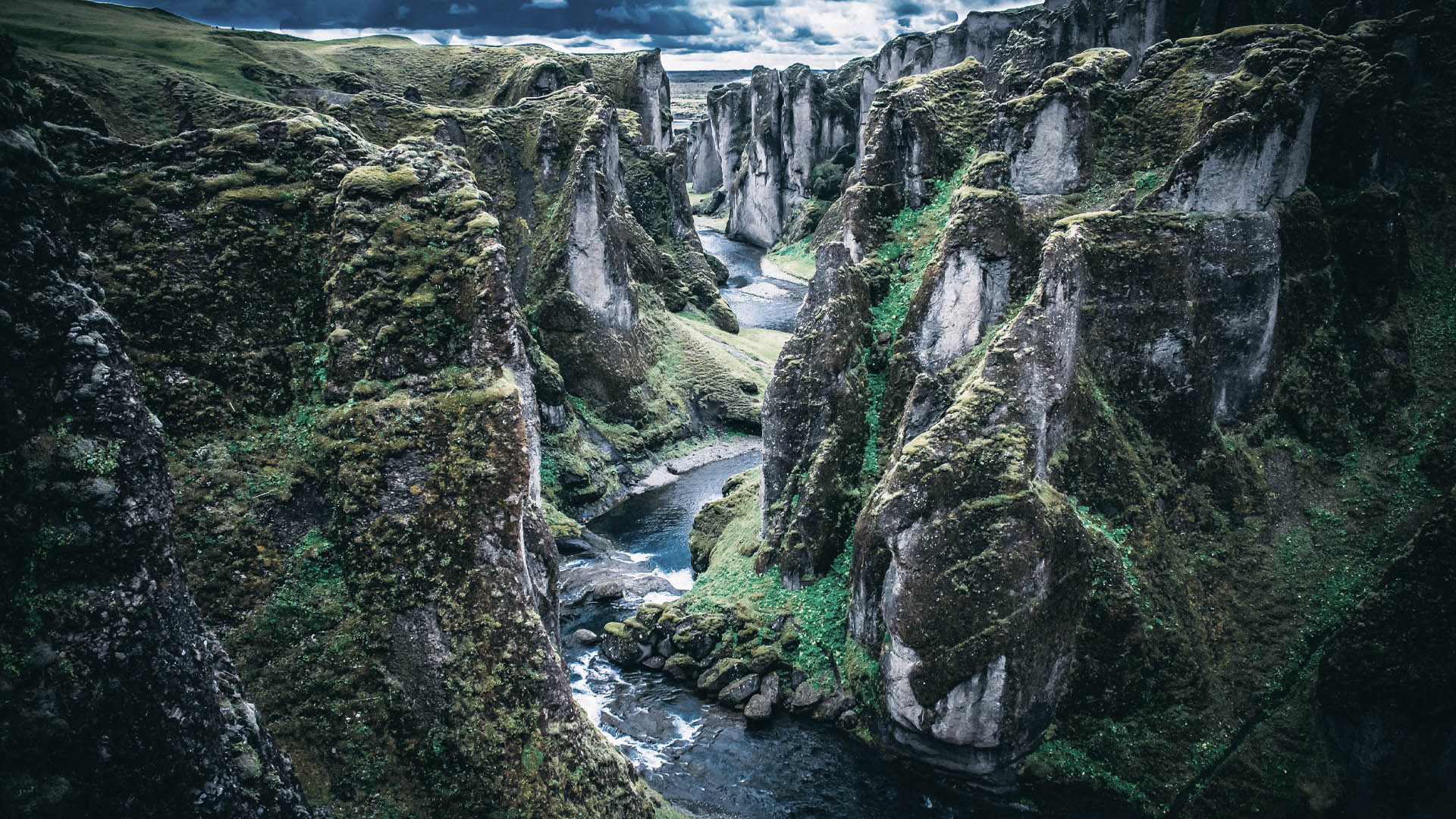
Magical Iceland. Photo Credit: Rudolf Kirchner
There are a range of descriptions of the band’s philosophy and approach to music online, depending on the platform, what can you tell us about what inspires the band at this point and what has influenced you in the past?
We derive a lot of inspiration from nature and from our views on animism, the idea that much of the natural world has an inherent spirit within it. We try to conjure up these spirits in a sense, with our music. These songs and this next album, in particular, are set in a highly ritual context. We play a lot with themes from Norse mythology, mainly from Icelandic literature sources and local traditions. Bringing these ideas and traditions to life is what has always inspired us.
I have read Vévaki was originally named Vili, and I am assuming this was in reference to Vili and Ve, the brothers of Odin. What can you tell us about the significance of both names and how they represent the band?
So, when I first started releasing music as a solo artist I just used the Old Norse word for my name Will, Vili and I did like that it had mythological connections as well. Unfortunately, my songs kept getting mixed up with a Polish rapper of the same name so we decided to change it. Sigurboði actually helped me come up with the name Vévaki. The idea came from this kind of folk dances in Iceland called “Vikivaki” which we had done together. We had the idea to take Oðinn’s other brother’s name, Vé, meaning sacred, and combine it with the suffix vaki, meaning dance. In Icelandic though it has a double meaning. A “vaki” can be a watcher, as a guardian of sorts. So a Vévaki can also be someone who watches over the sacred. I think both these meanings fit the band’s vision very well.
Your first song released, ‘Vegtamskviða’ is inspired by an Eddic poem known as ‘Baldr’s Draumar’ and your album Edda also seeks to transform the Old Norse stories and poems into music. What is it about these tales that captivate you and what would you say is your favorite Eddic Poem?
In terms of the poem Baldr’s Draumar, I was always taken with the idea of Oðinn, riding down to Helheim to demand answers on the fate of his son, Baldr. He ultimately learns he cannot change his son’s fate. Nor can he change his own, or change the outcome of Ragnarök, but he will try anyway. This is an ongoing theme in mythology that I have always found inspiring.
“There is this feeling of coming doom, an unchangeable fate. But it is necessary if the world is to be reborn again.”
There is this feeling of coming doom, an unchangeable fate. But it is necessary if the world is to be reborn again. We really tried to capture that feeling in ‘Vegtamskviða’ (Bandcamp-link.) I think if I were to name my favorite Eddic poem I would have to say Völuspá. It is a classic, with so much mystery and gnomic wisdom behind it, it evokes a highly profound feeling within you.
Do you have any final words of wisdom to share?
I think just… do what you love, with people you love.
To support Vévaki directly whilst keeping an eye out for their next release featuring the new band members, their current releases can be purchased digitally on Vévaki’s Bandcamp page. Fans can also visit the Vévaki Linktree page from time to time to remain informed.
For more neofolk greats, join the Kurgan Compass™ Spotify playlist — reserved for the best, the beautiful, and the bold — and updated weekly with the latest releases in folk music.

